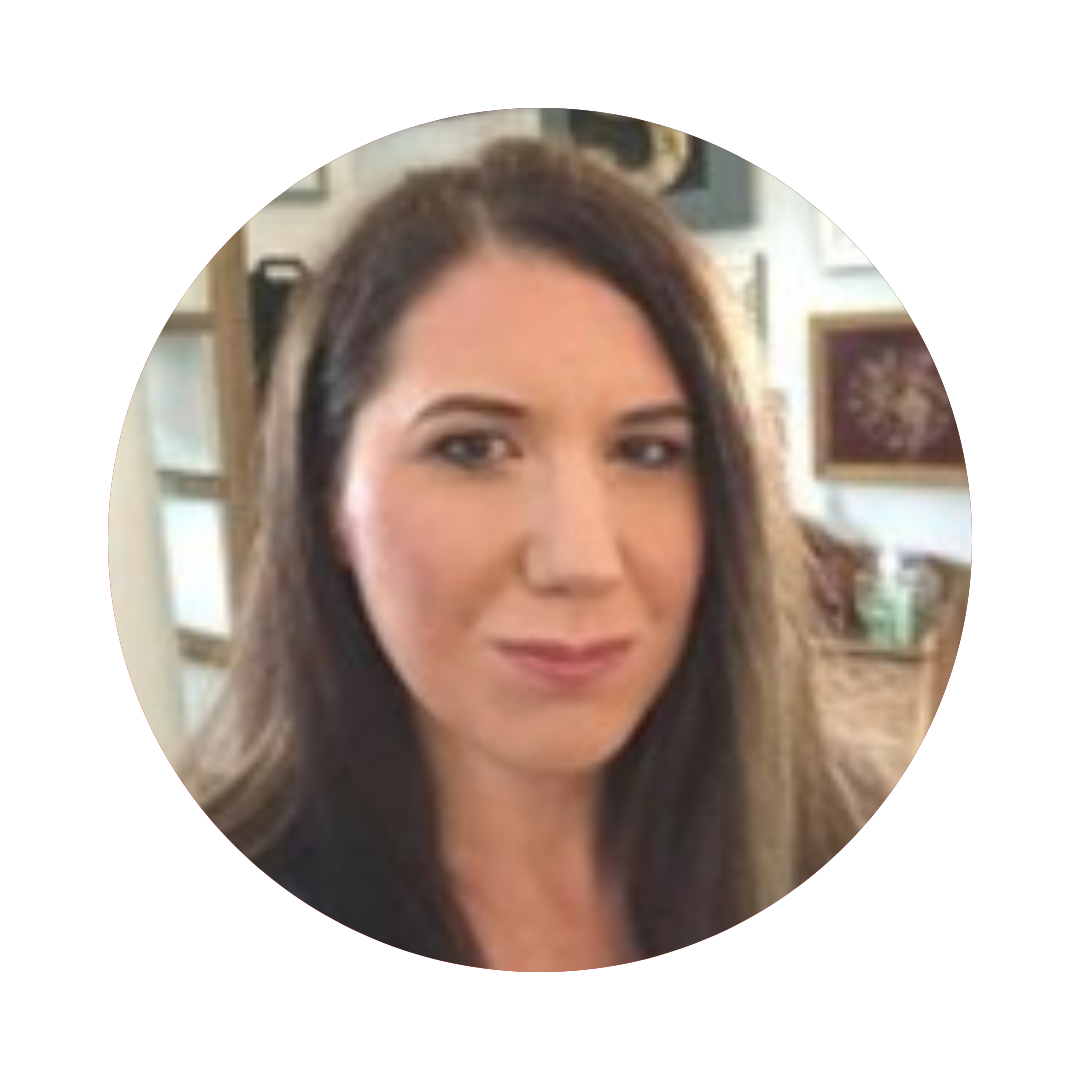Kathy Williams-Spicer, founder of Caregivers Employee Network at TEKsystems, shares her perspective in honor of Autism Acceptance Month.
April 17, 2024 | By Kathy Williams-Spicer
At TEKsystems, we are committed to diversity, equity and inclusion to create thriving communities for a successful workplace. Kathy’s initiative to create the Caregivers Employee Network (EN) and to share her story is a testament to how our leaders exemplify our core values. Supporting caregivers of neurodiverse individuals drives greater mental health appreciation to mobilize and evolve inclusion strategies for businesses during this Autism Acceptance Month and beyond.
I live in Baltimore with my husband and three children. My eldest, Kadence, is a high school senior gearing up for college already. My son, Logan, is in the third grade, and my youngest, Layla, will be turning 3 this month. Logan was diagnosed with autism spectrum disorder (ASD) in October 2017, and in 2018, we learned he has hypothalamic hamartoma, a rare brain tumor.
I started the Caregivers EN to provide community and support for those on the caregiving journey. I sought to better fellow employees’ personal and professional lives and to cultivate a welcoming environment for future neurodiverse hires at TEKsystems.
It’s been wonderful to connect with other employees to share our different experiences that follow a medical diagnosis and how we balance our work and home lives. We encourage each other—we don’t discount our caregiver roles as a hindrance but view them as strengths.
Facing the Challenges and Celebrating the Progress
Every day is a new day with new challenges and goals to master. We’ve come a long way from the start of Logan’s diagnosis, when he was nonverbal and struggling through nonstop screaming, to now a third grader in a general education classroom who no longer requires a BIP (Behavioral Intervention Plan) in school and talks to his peers and teachers. Upon Logan’s diagnosis, I followed advice to use ABA (applied behavior analysis) services, only to find out that our insurance did not yet cover it. To not lose the help, I paid for secondary insurance to cover his needs, and then he began to thrive. The services, therapists and tutors we’ve worked with over the last seven years have improved both his and our lives.
It’s been wonderful to connect with other employees to share our different experiences that follow a medical diagnosis and how we balance our work and home lives. We encourage each other—we don’t discount our caregiver roles as a hindrance but view them as strengths.
Improving Healthcare Access and Affordability Through Advocacy
The Caregivers EN has elevated visibility on the scope of care needed for individuals with autism, serving as an effective advocacy platform to expand healthcare benefits at TEKsystems. I was persistent in engaging our leadership about amending our insurance coverage, and this diligence proved fruitful in the end as they delivered on adding ABA services coverage. In addition to ABA services for employees and their families, this also covers social skills group services offered to individuals of all ages. This story should serve as a reminder that your voice matters to this company. Change may take time, but persistent advocacy and awareness efforts are the keys to success.
My advice for fellow caretakers is to advocate for your family members, especially if you are their only voice. It’s helpful to get second, third or fourth opinions to gain understanding and ensure you get the best care. You will never have all the answers, so do not feel discouraged. What works for one might not work for another as everyone is unique, so do what works for you.
Practicing Self-Care Is Essential for the Resilience and Well-Being of the Caregiver
Prioritizing self-care is a conscious, daily effort to make “me time” and time with my husband. It doesn’t always work out even though the intentions are there, and we learn from what we should do differently the next time. I sometimes feel guilty because of my sense of responsibility to care for my family—that it’s in my hands alone. I then remind myself that I am also a wife, friend and daughter, and I need to prioritize that part of me. This allows me to recharge my battery and give my best self to my family.
It Takes a Village: Breaking Stigmas
We must work to break harmful societal stigmas about autism. A medical diagnosis doesn’t define the individual or make them incapable in life. Education and awareness are improving by the generation, as people are becoming more open to having conversations, thanks to greater access to information via the internet.
In addition to the Caregivers EN, I have connected with other families through Facebook groups and organizations based in my home state of Maryland, such as The Arc of Baltimore/Howard County, Pathfinders for Autism, Autism Society of Baltimore-Chesapeake and RISE for Autism.

